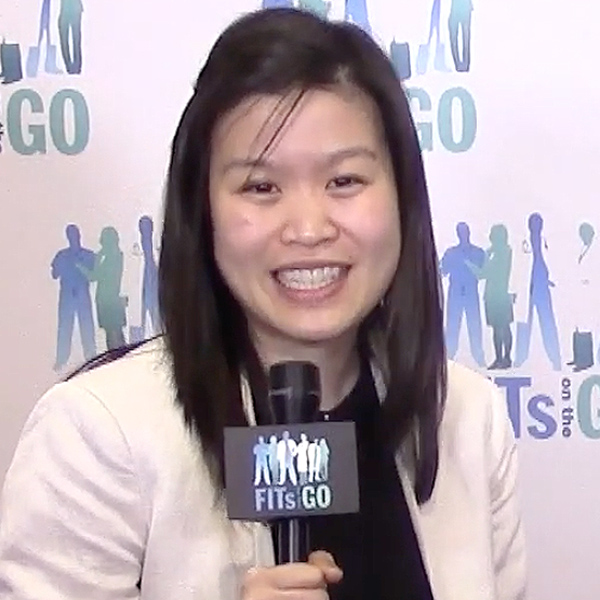What I Want My Providers to Know: Perspectives From Adults With Congenital Heart Disease
The year of 2020 has provided life-altering events for everyone, and as we start a new year in cardiology fellowship, let's reflect on what motivated us to be here. Why did we want to be cardiologists?
I like to believe that it is because we want to be a part of something, and in our own way, to improve people's ability to pursue their lives. It is easy for me to forget this sometimes, especially when my day is filled with Zoom meetings, answering patient calls or waking up at night for a procedure. So let's go to the source and pick up insights by listening to those we care for.
I have had the privilege to speak with people who have adult congenital heart disease outside of the clinical setting. Everyone had an open discussion with me (a complete stranger) about deeply personal things, despite all the fear and uncertainty in our world today: their kids, their jobs, their fears, their dreams. These are the "top things" that people have expressed they wish their provider would do. It is a small lesson, but if we can take these to heart, it may be a step towards making a "new normal."
1. Be sincere.
Do not treat people as a condition. It can lead to frustration on both ends. Take those brief moments to listen, acknowledge and validate. It seems straight forward but it is also easy to go through the motions of our job. There are instances where people have an immediate concern, whether it is pain or anxiety, and it is important we address those first when we are with them. If there is uncertainty in the plan or work up, reinforce the plan to find the solution. That extra step or minute it takes to follow through will go a long way for people who are not feeling well.
2. Promote a positive environment.
People come in contact with many others in the hospital. As physicians, we are the leaders of our team and can set an example for other members that interact with patients. If we are able to provide a trustworthy and patient environment, everyone around can have the same standard. The nurse, technician, and support staffing scheduling tests all have the ability to develop a standard of care that is smooth and instills confidence in our patients.
3. Do not be afraid to bring up bad news.
Many patients travel long distances to see a specialty physician. Although a clinic appointment may seem "routine," many patients are aware that they will need a procedure or something invasive in the coming years. Patients appreciate if you are honest with them with what can be the natural progression of the disease. Be open with them regarding what you are monitoring, provide them with anticipatory guidance on what symptoms they should be concerned about, and explain how you determine the timing of any procedures in the future. These have a major impact on other aspects of their lives and the more upfront we are about it, the better tools they have to make decisions for themselves.
4. Do not be afraid to talk about major life events.
Although much progress has been achieved in regards to the management of adults with congenital heart disease, there are still conditions that are limiting. Although it can be difficult, it should not be awkward to bring up important life events such as pregnancy, jobs, engagements or buying a new house, which are important aspects that affect our quality of life. We cannot assume the patient will bring these things up themselves, and it is up to us to acknowledge and address these events. It brings trust and validation to the relationship we have with our patients.
5. Make a recommendation that goes beyond "go to the emergency room" when something does not feel seem right.
People know when they are not at their baseline, and there are limited institutions with the expertise in the training and knowledge of people with adult congenital heart disease. Empower your patients by telling them what you are worried about or what test may or may not be necessary. Provide anticipatory guidance on how they can communicate with someone who may not be familiar with their past medical history.
6. It takes a village.
Recognize the important relationships our patients have between parents, kids and significant others who need to be considered before making a decision. Many of these family members have been involved in a person's health care for years and it is appreciated when you take the time to update their family members and include them in the discussion. An adult may still have his or her parents in the room because this helps with that patients are going through, can provide invaluable perspective and helps build a rapport with the family.
In many ways, I am lucky to pursue a career that allows me to help others and have the privilege to be an intricate part of people's lives. Remember that our patients are resilient. Despite difficult situations because of their conditions, these are some of the strongest and most brilliant people I have had the pleasure to care for. Remember that they want to speak up not only for themselves, but also others who may be in similar positions. They are caring and they are trying to be at their best. We can learn a lot from them.
